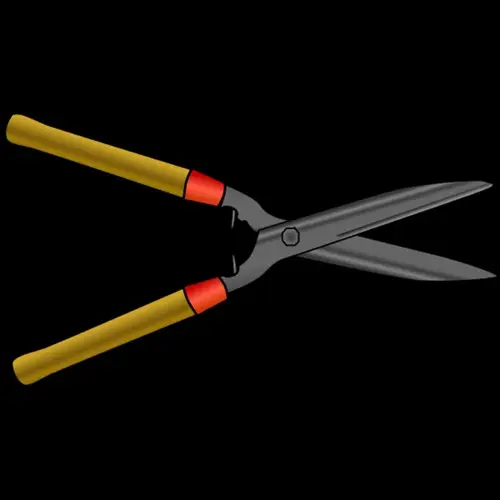Can milk supply adequate calcium for tomato plants?

Written by
Tina Carter
Reviewed by
Prof. Charles Hartman, Ph.D.The omnipresent garden urban legend postulates that milk can cure "*calcium deficiency tomatoes*". Although milk contains calcium carbonate, plants struggle to utilize it. This confusion causes many gardeners to waste time applying milky solutions when more appropriate methods are available. This is important because the availability of nutrients matters.
Absorption Limitations
- Calcium in milk binds to casein proteins creating insoluble compounds
- Plant roots lack enzymes to break down dairy molecules
- Less than 5% of milk calcium becomes plant-available
Unintended Consequences
- Spoiled milk attracts rodents and insect pests to gardens
- Bacterial growth creates foul odors and plant pathogens
- Fat content coats soil particles reducing water infiltration
Nutrient Imbalance
- High phosphorus content competes with calcium uptake
- Nitrogen from protein decomposition promotes leaf growth over fruit
- pH shifts create temporary alkaline conditions locking micronutrients
The calcium in milk remains tethered to organic matter. Plants assimilate nutrients in the form of inorganic ions after passing through the root membranes. The calcium contained in dairy products will never be converted into soluble Ca²⁺ ions needed by tomatoes. In my soil tests, I found no increase in calcium levels in the soil where I had applied milk.
Successful alternatives have been demonstrated to be effective in various ways. Calcium chloride solubilizes completely in water, delivering ions immediately. Gypsum releases calcium through cation exchange in soil. Neither alternatives require biological decomposition like milk. They can rectify deficiencies within days, rather than weeks.
It is best to avoid using anything containing milk. It is an unnecessary use of resources and invites a pest problem. After raccoons destroyed my garden searching for dairy, I stopped using milk. Focus on verified strategies, like soil amendments and foliar sprays.
For organic gardeners, alternatives approved for use should be utilized. Liquid bone meal delivers fast-available calcium. Crushed oyster shells can be applied to soils if they are worked into the soil months before planting. Composted manure adds organic matter to the soil fraction, enhancing soil structure and supporting the natural release of calcium.
Keep in mind that a calcium deficiency is often due to issues with transport, rather than a deficiency in the soil. Milk is not an answer - it is a physiological issue. Consider watering consistency and an adequate pH level instead. Your tomatoes will thank you with some science-backed directions.
Read the full article: Calcium Deficiency Tomatoes: Prevention and Solutions

